
As the globe marks World Malaria Day on Thursday, three African countries have been given the go-ahead to pilot the first successfully developed vaccine.
Kenya is expected to rollout a malaria vaccine for children in a bid to prevent the disease that is a leading killer across the continent every year.
The vaccine known as "RTS, S" will be rolled out in Kenya and Ghana in coming weeks after Malawi, with a combined target of vaccinating around 360,000 children a year until the end of 2022 across the three countries.
The pilot programme is meant to evaluate the feasibility of delivering the required four doses of RTS, S in real-life settings.
Gavi -- the Vaccine Alliance -- the Global Fund to Fight AIDS, Tuberculosis and Malaria and Unitaid are providing just under Sh5.1 billion (US$50 million) to fund the first phase of the exercise.
DISEASE BURDEN
Ministries of Health in Ghana, Kenya and Malawi will implement the pilot prjects in coordination with World Health Organisation (WHO).
"Malaria is still one of the biggest killers of children worldwide, taking the lives of over 200,000 children every year," said Dr Seth Berkley, CEO of Gavi.
"These pilots will be crucial to determine the part this vaccine could play in reducing the burden this disease continues to place on the world's poorest countries."
Malawi, Kenya and Ghana were selected for the pilot introduction two years ago due to the high number of malaria cases they record.
"There are over 250,000 deaths of children in Africa every year because of malaria," said Mary Hamel, coordinator for the Malaria Vaccine Implementation Programme at the World Health Organisation.
"It is intolerable, the devastating effect for the families and societies. It's the potential to save so many children's lives that makes this vaccine so exciting."
PREVENTION
RTS, S, or Mosquirix, was developed by British drug manufacturer GlaxoSmithKline in partnership with the PATH Malaria Vaccine Initiative to protect children from the mosquito-borne disease.
In clinical trials, it proved only partially effective, offering 40 per cent protection, hence the need to be given in a four-dose schedule. It is the first regulator-approved vaccine against the mosquito-borne disease.
The vaccine should be used alongside other preventive measures such as treated bed nets, insecticides, repellents and antimalarial drugs, the WHO said.
The drug passed previous scientific testing -- including a phase three clinical trial between 2009 and 2014 -- and was approved for the pilot programme in 2015.
"To step up the fight against malaria, we need every available tool," said Peter Sands, executive director of the Global Fund. "If this pilot shows that RTS, S is a cost-effective tool against malaria, it will help us save more children's lives."
IMMUNITY
After more than three decades in development and almost Sh101.6 billion in investment, the cutting-edge vaccine known is the first to give partial protection to children and trains the immune system to attack the malaria parasite, which is spread by mosquitos.
The protein-based vaccine went through five years of clinical trials on 15,000 people in seven countries.
In one clinical trial, children who received doses of the vaccine had a lower chance of developing malaria and severe malaria, the WHO says.
In clinical trials the vaccine was found to prevent approximately four in 10 malaria cases, as well as three in 10 cases of life-threatening severe malaria.
It also reduced severe malaria anaemia, the most common reason children die from the disease, by 60 per cent.
Read Full Story
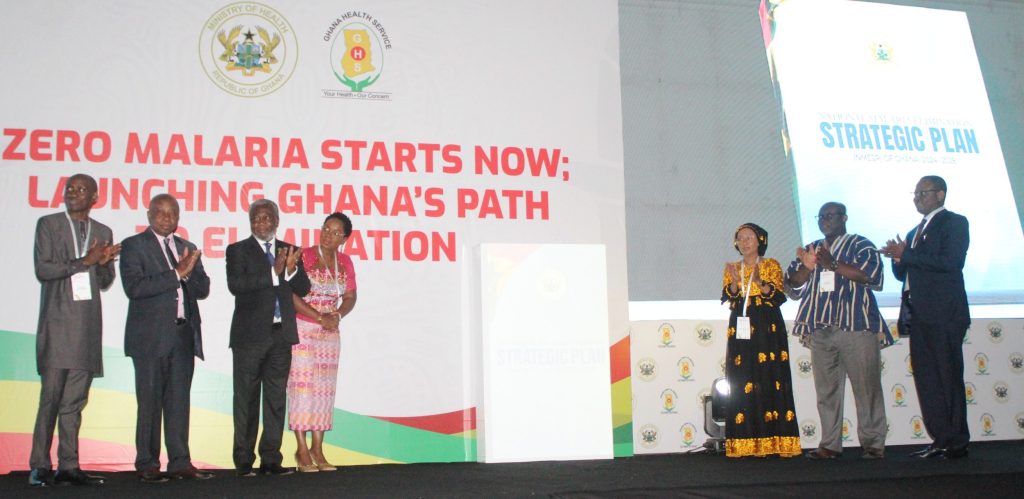
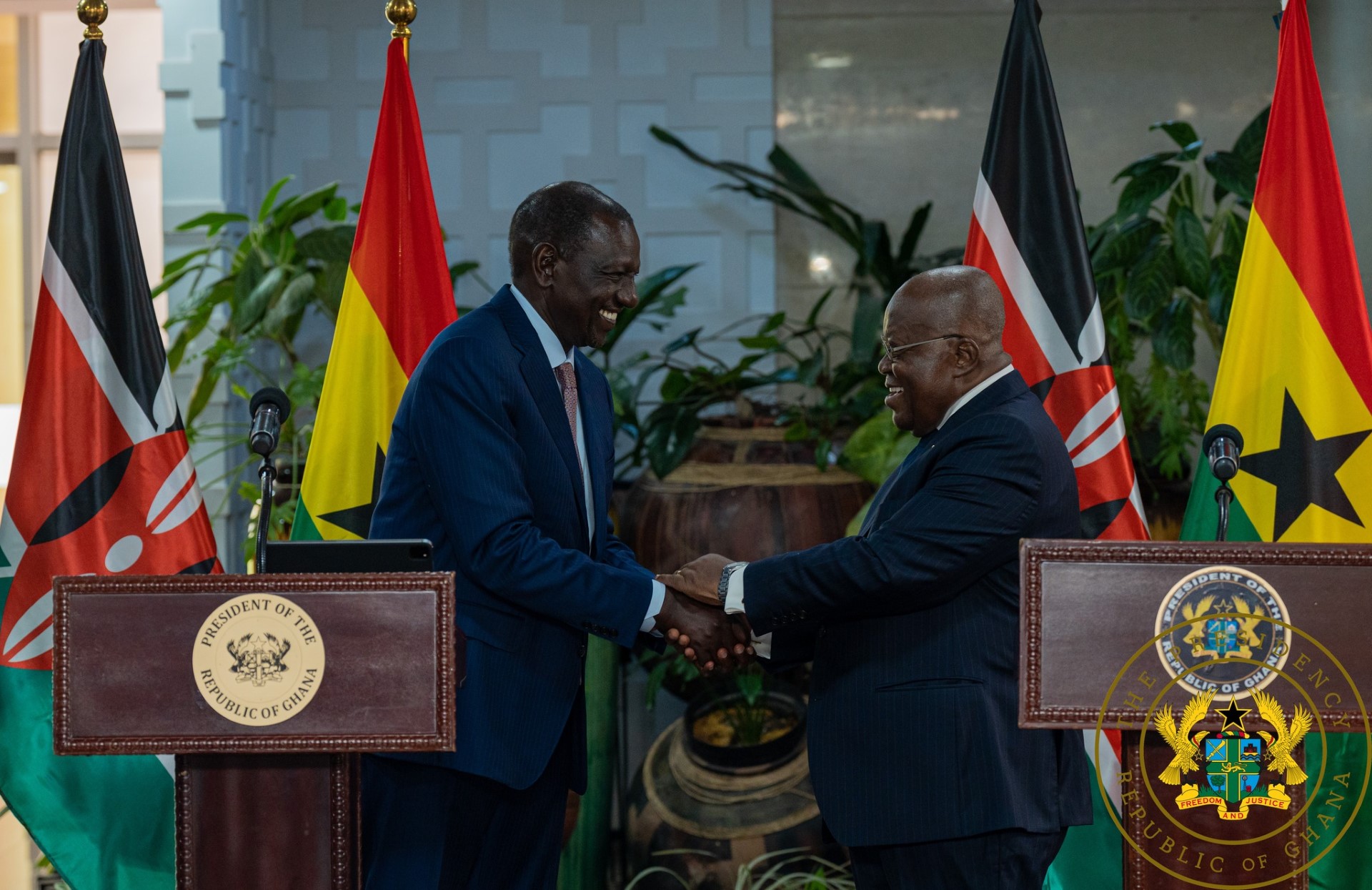

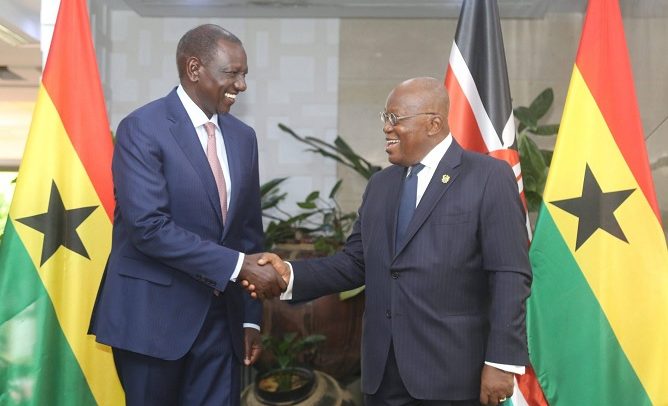
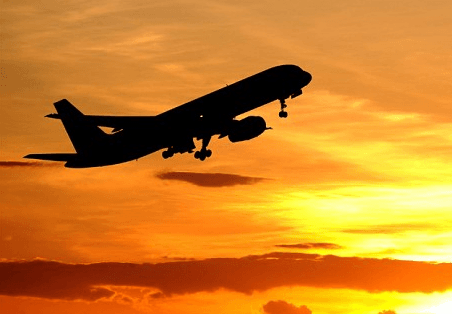



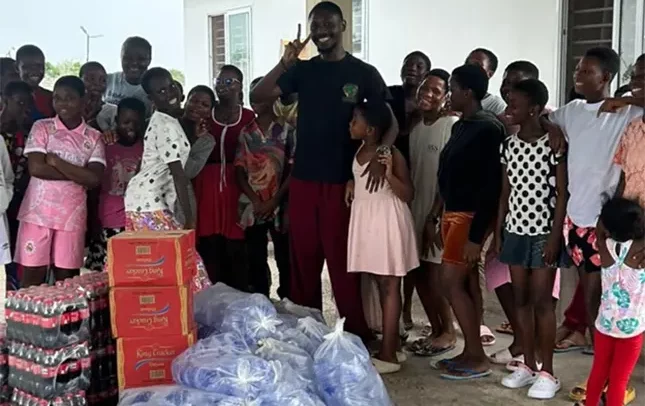
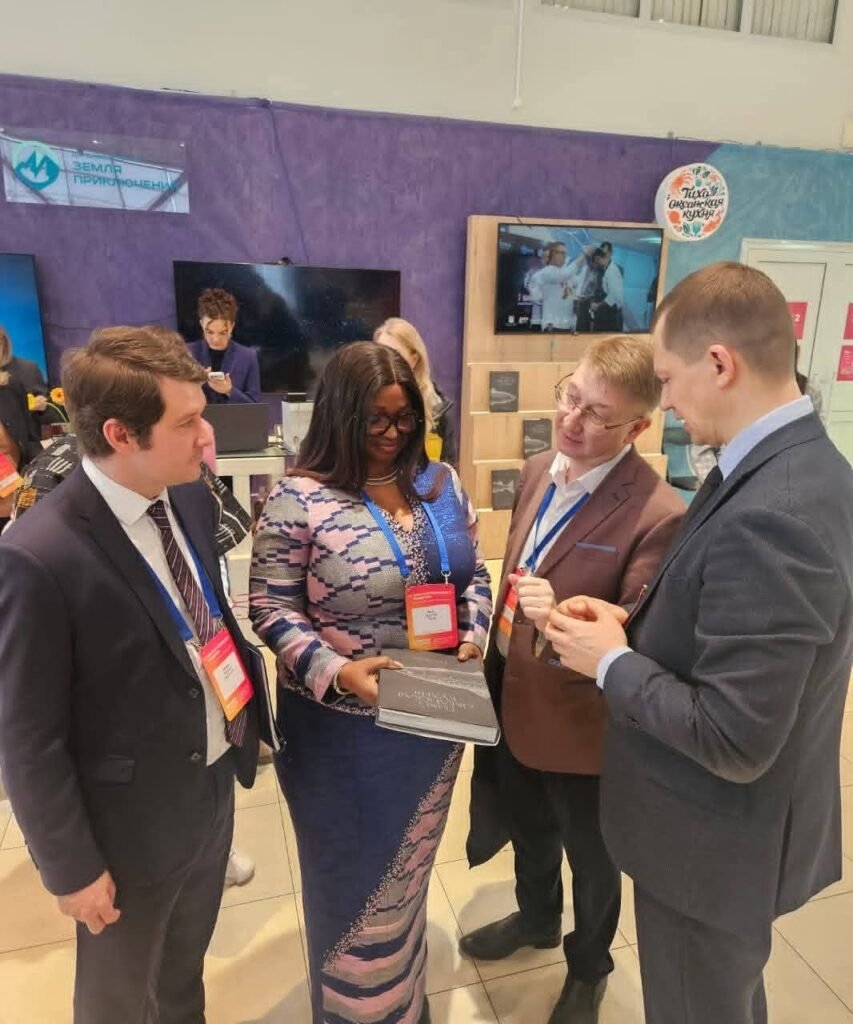



Facebook
Twitter
Pinterest
Instagram
Google+
YouTube
LinkedIn
RSS